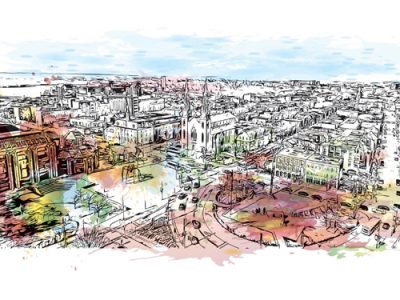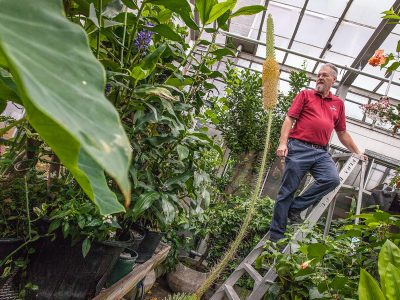By Elizabeth Kane
In our increasingly interconnected world, cross-border academic exchange is critically important.
Scholars selected by the Foundation for Educational Exchange between Canada and the United States of America (Fulbright Canada) have the opportunity to take part in a residential program that fosters mutual understanding between our two countries.
Unique to Carleton University are its four Fulbright Canada Distinguished Research Chairs which offer scholars a nine-month term, compared to the traditional single semester of the Fulbright Canada Visiting Research Chairs Program.
Continue reading to learn more about our visiting Fulbright scholars.
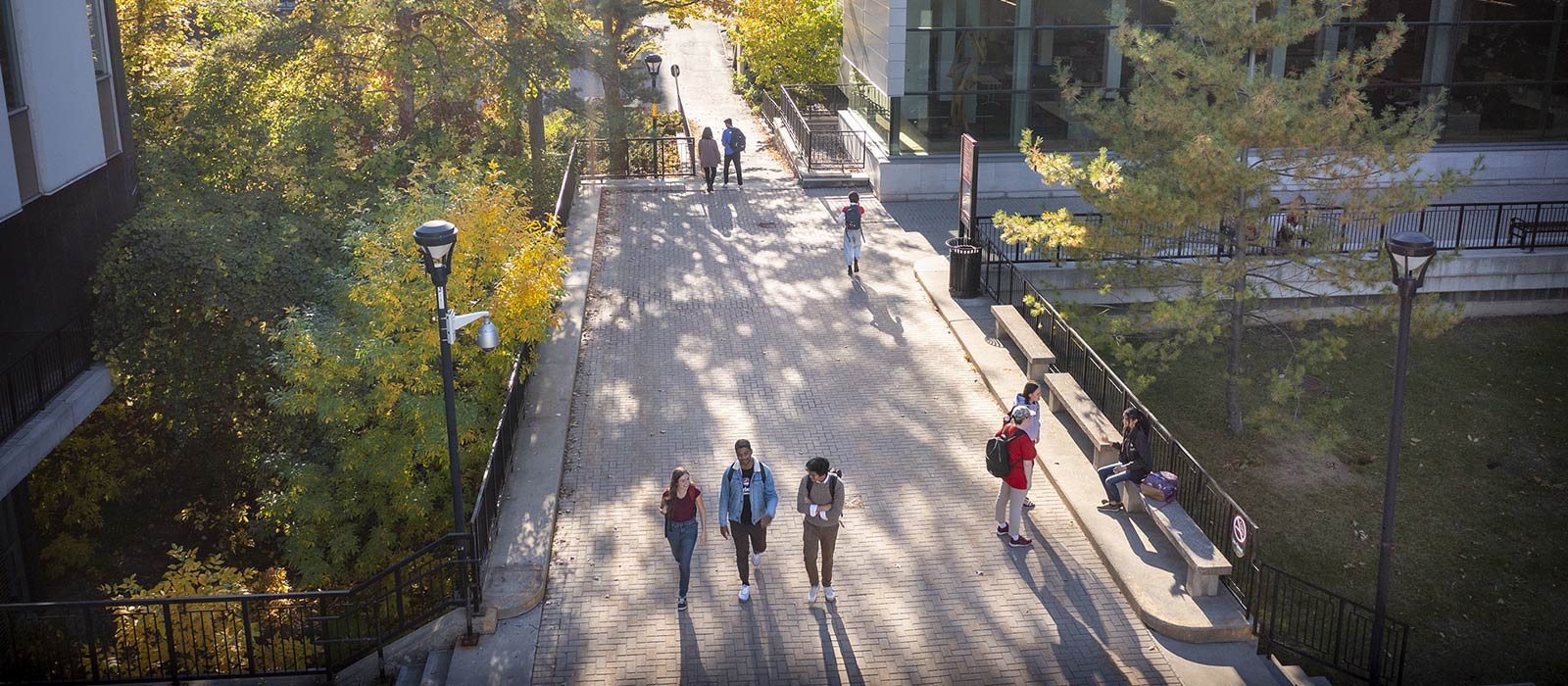
Distinguished Chair Offers More Time for Research
Prof. Michele Lewis is the Fulbright Canada Distinguished Chair in Arts and Social Sciences in Canada and North America. A professor of psychological sciences from Winston-Salem State University in North Carolina, Lewis joined Carleton’s Feminist Institute of Social Transformation (FIST) in August 2023.
As a Fulbright scholar, Lewis is working on her research project, Black “LGBTQ+” Psychology: Understanding collective self-determination, Afrocentrism and optimal identity.
The project will bring together 20 participants for virtual emotional emancipation circles – safe spaces for people of African descent to connect, discuss their experiences and work towards wellness and authentic expression, defying lies about who they are.
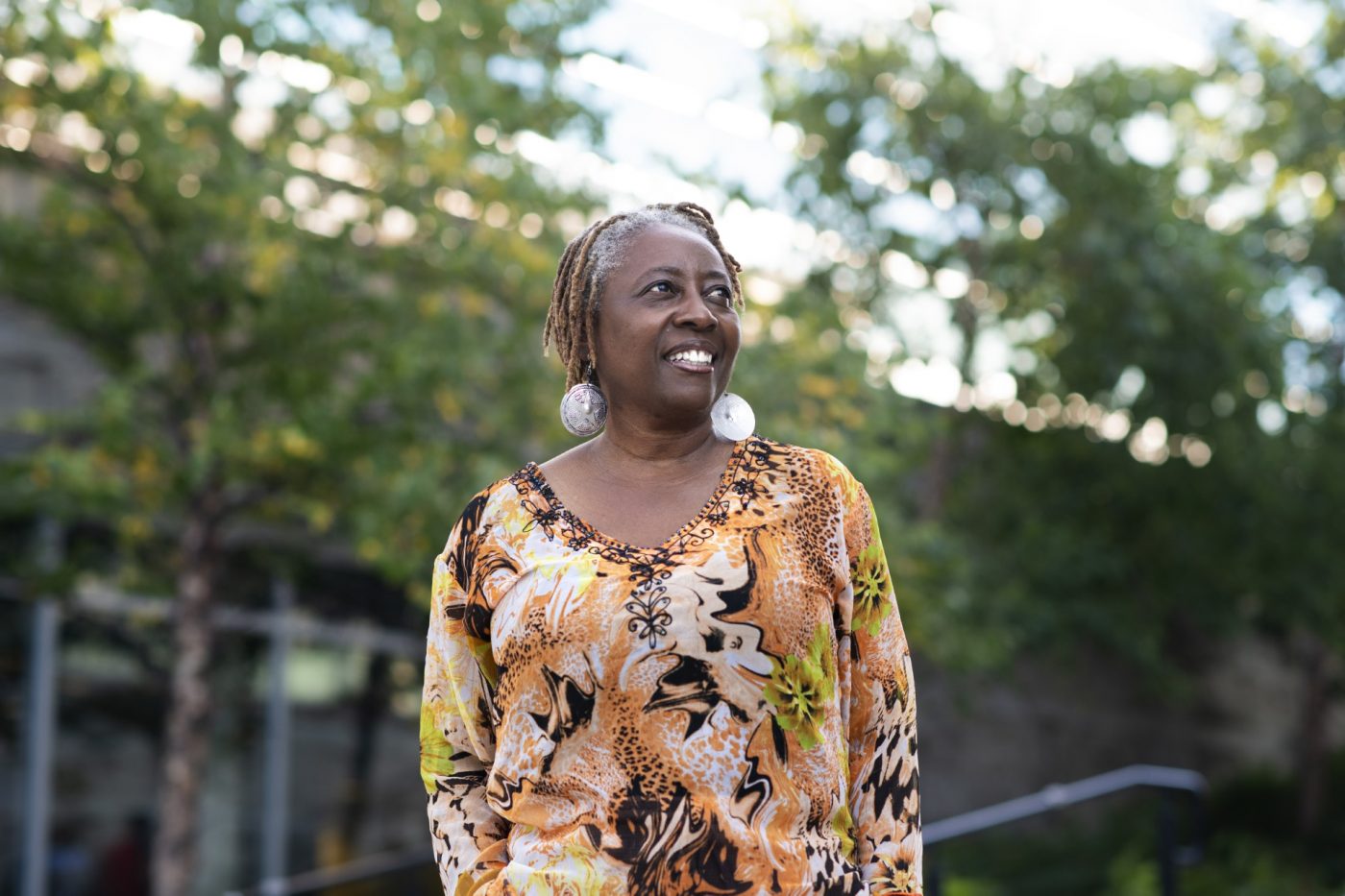
Prof. Michele Lewis (Photo by Ainslie Coghill)
“I want them to be as broadly inclusive of people of African descent as possible,” says Lewis, “and I don’t think that there’s been any targeted work applying them with people who might be identified as of the Black queer intersecting identity.”
Lewis was drawn to Carleton’s nine-month Fulbright option as her project required a semester to make contact with potential participants.
“I’m pleased to say that because I had August through December to meet people and continuously share about the project, I believe it helped me secure 10 participants from the U.S. and 10 from Canada,” says Lewis. “Several of the other Fulbright opportunities were limited to one semester, which would have hindered me in reaching my goal.”
During her Fulbright term, Lewis has delivered a lecture at the University of Ottawa and held a workshop with the Black Coalition of AIDS Prevention in Toronto.
Lewis did not have Carleton research connections prior to joining the campus community and has now established new professional relationships across disciplines.
“I’m an interdisciplinary thinker,” she says. “I’ve had a chance to engage with professors in the Institute of African Studies, Institute of Interdisciplinary Studies, and some of the graduate students within women and gender studies.”
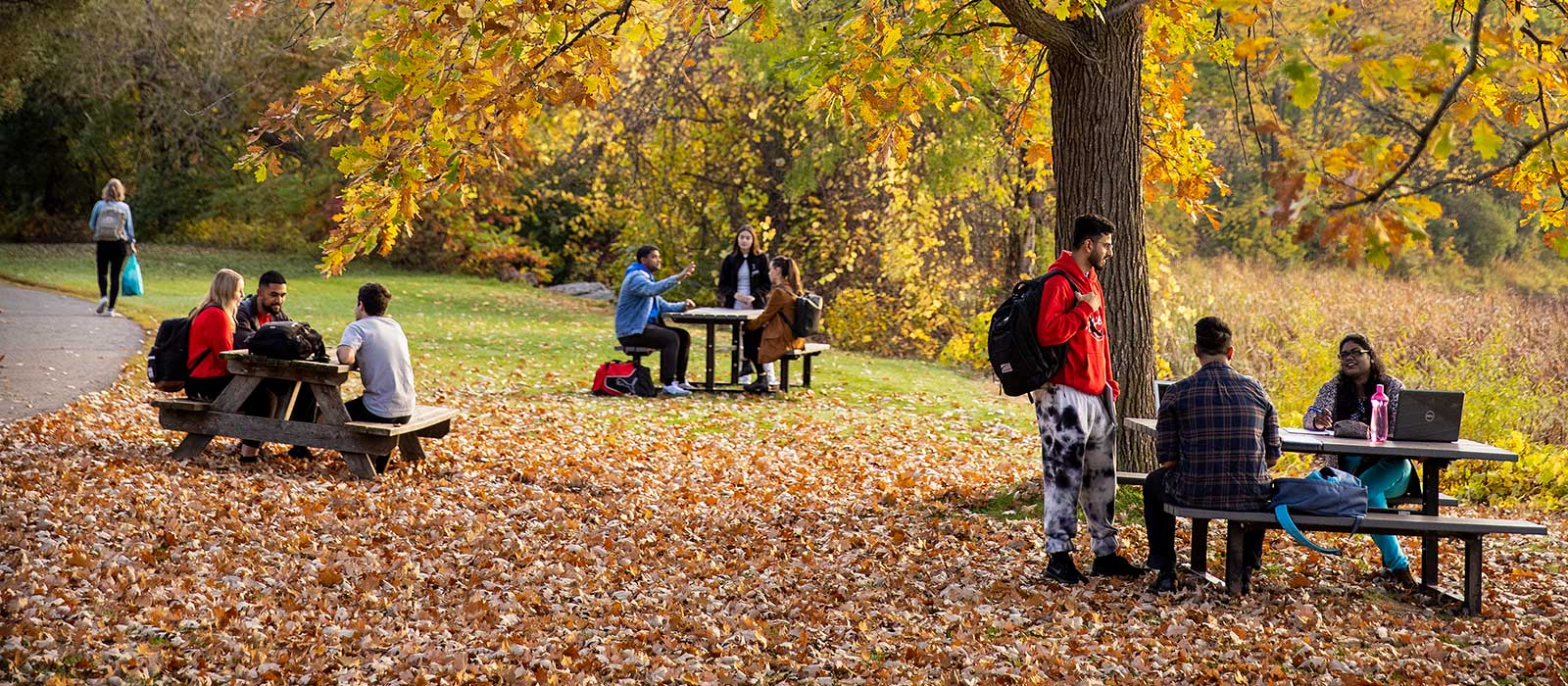
A Dynamic Location and Connected Community
Prof. Elizabeth Tandy Shermer joins Carleton’s Department of Political Science as the Fulbright Canada Distinguished Chair in Public Affairs in North America: Society, Policy, Media. A professor of History at Loyola University Chicago, Shermer’s research project Historical Perspectives on the Global Business of US Higher Education will inform in her forthcoming book, The Business of Education.
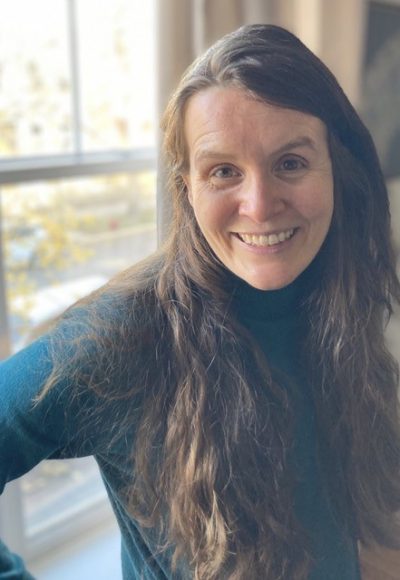
Prof. Elizabeth Tandy Shermer
Having lived in Washington, D.C., Shermer was drawn to Carleton’s location in the nation’s capital.
“I’m a political historian, so this seemed like a really great place to work – especially for the kind of projects that I’m working on now,” she says. “It’s a dynamic location.”
Shermer is using her time on campus to advance numerous research projects. Beyond her book on higher education, Shermer is working on books on the topics of work, labor and democracy in the 20th century; as well as the history of deductions and politics of pay stubs – including the close connection of social welfare and employment in the U.S.
At Carleton, Shermer has made connections with numerous departments related to her fields of interest including the Institute of Political Economy and Department of History.
“The really dynamic programming gives me a broader perspective,” says Shermer.
Her positive campus experience extends beyond the lecture room.
“There is a sense of community,” she says, noting she has taken skating lessons at the Ice House and joined a master’s swim program at the aquatic centre. “It’s been a great way to meet people and connect, finding that balance between living and working.
“I’ve really enjoyed that.”
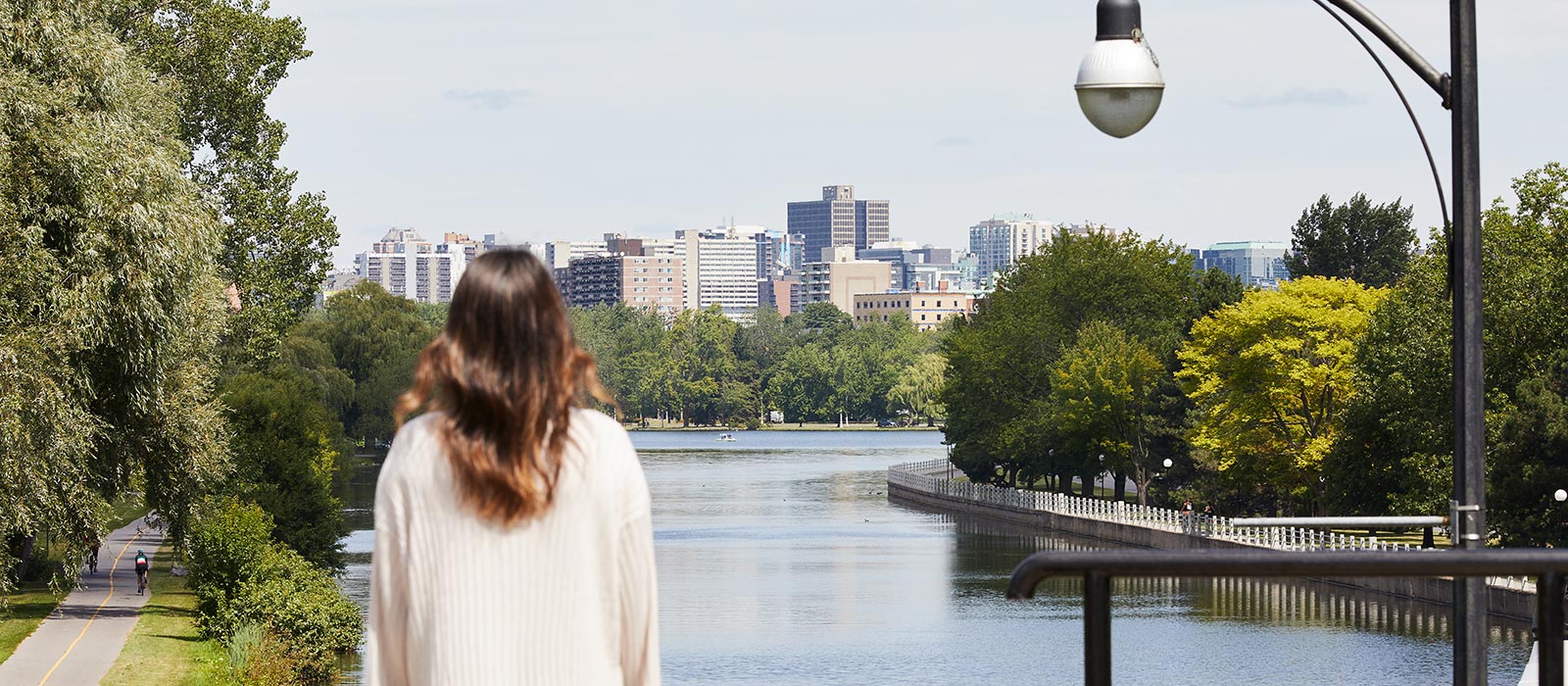
Forging New Connections Through Research Networks
Joining Carleton for the winter term is Prof. Samer Abboud, the Fulbright Canada Research Chair in North American Politics and a Carleton alumnus. A professor of Global Interdisciplinary Studies and director of the Center for Arab and Islamic Studies at Villanova University, Abboud has joined the Department of Political Science.
Abboud will be launching his project Syrian Refugee Lifeworlds between Return, Settlement, and Repatriation. Born to parents who immigrated to Ottawa during the Lebanese Civil War, Abboud has a personal connection to the research.
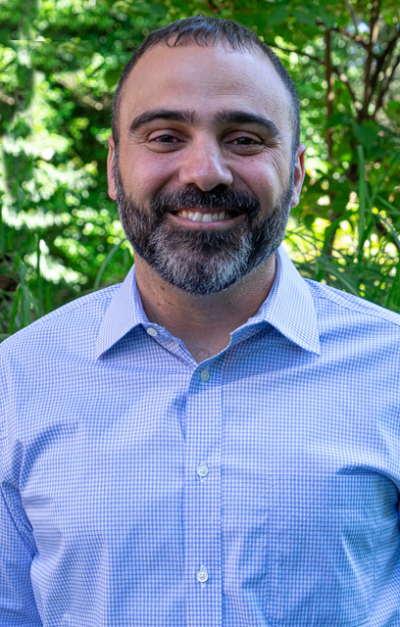
Prof. Samer Abboud
“When somebody comes to Canada – regardless of where they’re coming from – their hopes, dreams, expectations, professions, are formed outside of Canada,” explains Abboud. “The aim of the research is to highlight that the settlement experience is not universal. A person’s life world – what they bring to the situation – influences that.”
Abboud will be able to leverage new professional connections with two major research networks at Carleton, the Migration and Diaspora Studies (MDS) network and Local Engagement Refugee Research Network (LERRN.)
“What’s beautiful about MDS and LERRN is that they are very much interdisciplinary networks, and that is invaluable as I start this research.”
The university’s strong connections to government institutions and civil society groups lends itself well to Abboud’s research.
“Proximity to settlement organizations and proximity to the government is very important,” he says. “I’m already seeing how being at Carleton has expanded the kinds of questions that I want to ask.”
Thursday, February 15, 2024 in Feminist Institute of Social Transformation, IWD 2024, Political Science
Share: Twitter, Facebook
